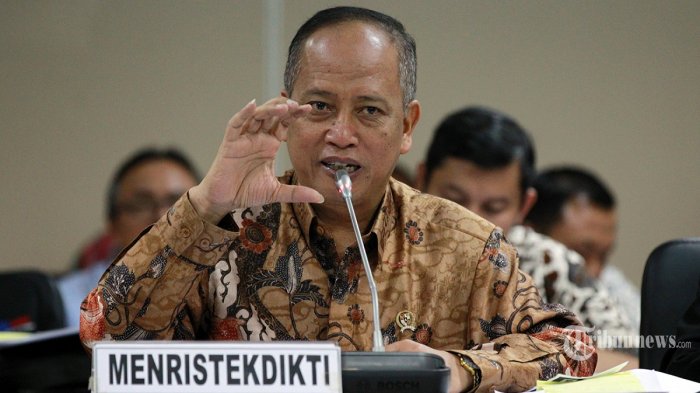Indonesia Provides Chance for Foreign University Operation


Jakarta, MINA – Indonesia`s Research, Technology and Higher Education Ministry has opened the chance for foreign universities to operate in Indonesia under some circumstances.
“We give the chance for foreign higher learning institutions, especially world-class universities, to operate in Indonesia. Do not consider this as a new colonialism, it is not like that because the point is about collaboration,” Antara News quoted the Research, Technology and Higher Education Minister Mohamad Nasir as stating here on Monday.
Foreign universities could operate in the country on conditions that they would collaborate with domestic higher learning institutions, set the location, and create rules on study programs in priority.
“The point is on the collaboration with our universities. Foreign universities should collaborate with local private higher learning institutions,” he noted.
Science, technology, engineering, math, business, and management are programs that would be put in priority for the collaboration.
Nasir claimed that some foreign universities have expressed their interest to operate in Indonesia, including Cambridge University, Melbourne University, and Queensland University.
“We have targeted at least five to 10 foreign universities to operate this year,” he revealed.
Several benefits
Foreign universities? operation in the country would benefit Indonesian students as they would be able to study in the world`s top universities in their home country.
In addition, foreign universities operating in Indonesia are expected to attract foreign students to study in the country.
“This will bring impact to the local economy,” he added.
Meanwhile the ministry`s Director General for Institutional Affairs Patdono Suwignjo explained that with gross participation rate (APK) for higher education at 31 percent, some 69 percent of students are yet to get the education level.
“Therefore, there would be no problem for foreign universities (to operate in Indonesia), because they will get certain segments in our market,” Patdono pointed out.
Patdono remarked that despite the policy that bar state-owned universities to take part in such collaboration, foreign universities operating in the country are expected to improve the quality of higher education at home. (T/RS5/RS1)
Mi’raj Islamic News Agency MINA)
I



